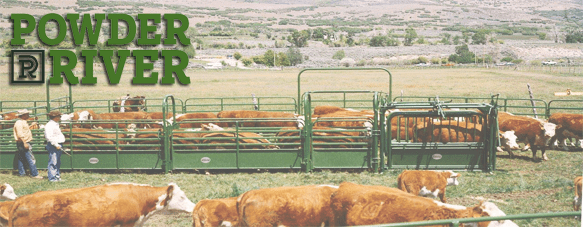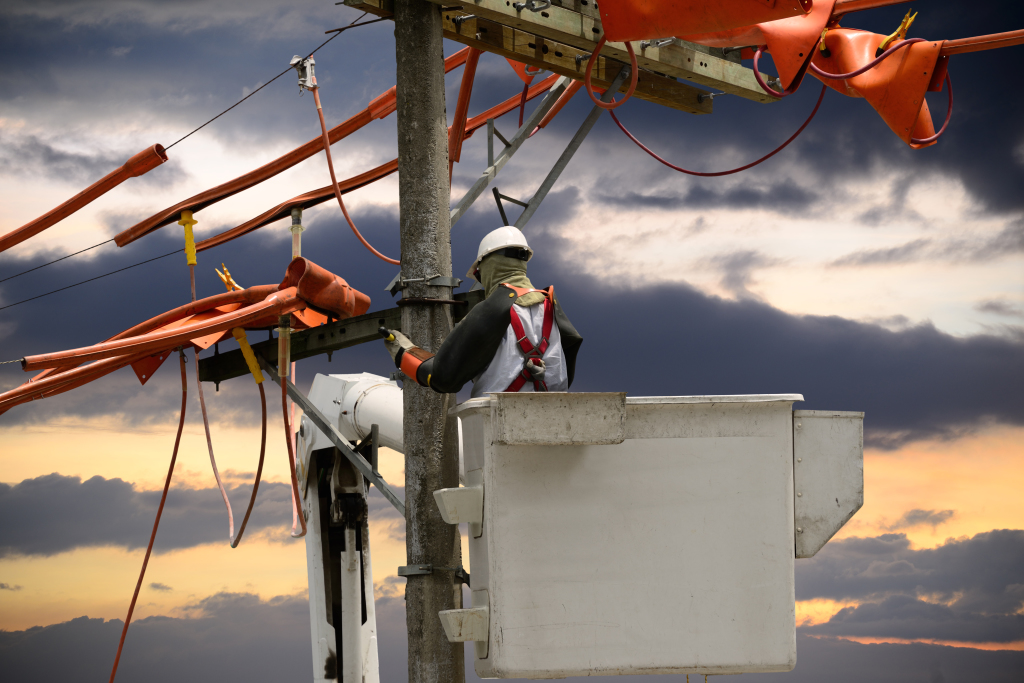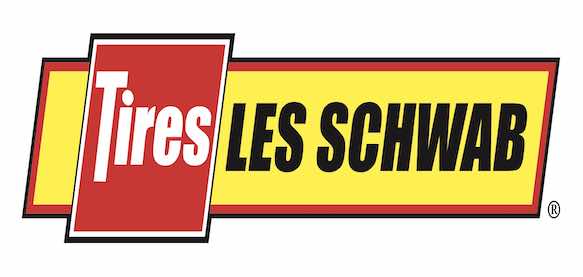
Why Utility Companies Need A Podcast
Why Utility Companies Need A Podcast
If you were to create a riddle that said “everyone needs these, but everybody takes them for granted” the answer to the riddle would undoubtedly be utility companies. With the exception of a small percentage of “off the gridders” every person in the United States relies on the electric, water and gas company to maintain their standard of living. But almost nobody outside of those industries knows anything about what utility companies do. People just expect them to be there, no matter what.
As a matter of fact, the only time that utility companies get much discussion in the public is when the Public Utilities Commission or Board receives an application for a rate increase. The media is sure to cover this as it will be a compelling story that impacts everyone right in their wallet.
About the only other time you hear much about a utility company is when there is an accident or a temporary loss of a service. When the big storms arrive and people find themselves without electricity. When there is a flood and drinking water is threatened. When somebody ruptures a gas line and technicians have to rush in to make the area safe. These are the times when the public becomes interested and aware.
The times when the media covers utility companies are normally when something bad has happened. Because of the excellent work that utilities do, these situations are rare. So, public exposure is rare as well. But what if you could control your public exposure, and tell all the stories about your company that the media is not interested in?
Utilities Company Stories Are Compelling
Look at all the following topics that utility companies should be bragging about that public rarely hears:
•Environmental protection efforts
•Community outreach
•Programs for lower income families
•Heroic service
•How you get electricity, gas or water to customers through all sorts of terrain and conditions
•The interesting ways you do your work, i.e. helicopter work for electricity companies
•Efforts to work with farmers and ranchers
•Recruitment efforts for new employees
Take power companies for example. Power lines get run through extremely remote areas. Areas that have no roads; over mountains, canyons and bodies of water. The public has no idea of the talent, bravery and equipment that is necessary to make this happen.
For a power company, explaining these obstacles and efforts to bring power to individuals would go a long way in building rapport with customers and other stakeholders. At the same time, these stories are excellent recruitment tools to bring in a greater number of applicants and allowing your company to hire the absolute best employees.
This is true no matter what type of utility work you do. For a certain segment of the population these are very compelling stories. The question is, how do we share these stories and how do we find the people who are interested in hearing them?
Podcasting As A Delivery Medium
Podcasting is the answer to the above question. Why? Here are the reasons:
Podcasts are searchable – you do not have to define a market segment and then advertise your information in the areas where that market segment is most likely to hear the ad. The market segment you are looking for will be searching for the information that interests them on search engines like Google and iTunes. Your podcast will be presented to them in that search.
Podcasts are “evergreen” – Once you publish a podcast episode it is on the internet forever. So, if you produce a podcast today and the topic of that episode becomes relevant a year from now, your episode is still going to come up when people search for that topic. It does not disappear once your ad budget has run out.
There are no rules – Unlike traditional mediums to get information out to the public like radio advertising or newspaper articles, there are no restrictions on length or time of availability. Talk about whatever you want, for however long you want. Have as many guests as you like. Your podcast can be 5 minutes or 2 hours. It is up to you, and there are no timelines to restrict you.
Podcasts are not expensive to produce – Release as many episodes as you want. Aside from a small fee for hosting, there is no “per episode” or “per download” charge. If you have so much to talk about that you want to publish seven episodes per week, go ahead. It all costs the same. Some podcasters do publish seven episodes per week. It is all up to you.
Production is not that important – Actually a highly produced and polished podcast can be a detriment to the success of the show. This is probably counter-intuitive if you have used radio, television or newspaper to reach the public in the past. The strength of podcasting comes from the ability of the host to make a connection with the listeners and develop trust and rapport. The more “real” the show sounds and the more genuine the host sounds, the more trust and rapport that is developed.
Podcasts are highly consumable – Podcasts will deliver the stories about your organization, the way that you want them told, in a more effective manner than any other medium. This is because the listener can consume the information whenever they want and while they are doing something else. Podcasts can be listened to while driving, exercising, driving a tractor or cooking dinner. They can be paused and restarted later if something interrupts the listening experience. And, they can be listened to over and over again if that is what the listener desires.
Utility companies providing electricity, natural gas, water and other necessities have great stories to tell. Too often all the public hears about are mistakes or price increases. A podcast gives you the chance, in your own words to talk about the heroes of your organization; the people who brave winter storms to restore power or the technicians who are making sure that something as essential as water is always safe.
Do you have any methods of telling your companies story as effective as a podcast?
Matt Brechwald is an agricultural broadcaster who creates custom podcasts for companies that have a story to tell. Matt is the host of “Off-Farm Income”, a 3X weekly podcast that focuses on agriculture and entrepreneurship; the host of the D&B Show, a weekly podcast and radio show airing in Eastern Oregon and Southwest Idaho; and a contributor to “FFA Today”, a weekly national radio program that aires on Rural Radio, SiriusXM Channel 147.




Leave a Comment